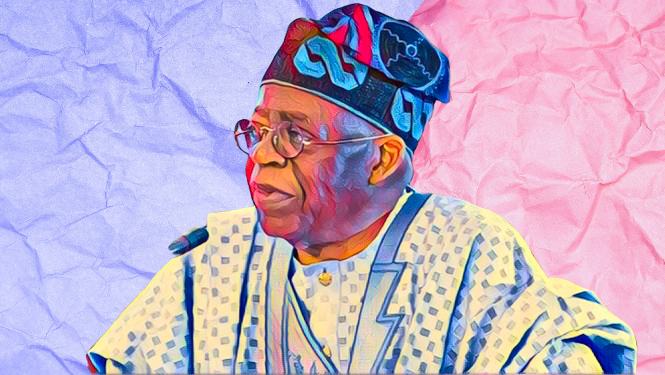Nigerian President Bola Tinubu has made a compelling case for the overhaul of the global tax system, underlining its crucial impact on developing countries, and reasserting Nigeria’s commitment to multilateralism. His advocacy was voiced during the Third South Summit of the Group of 77 and China in Kampala, Uganda.
President Tinubu, represented by the Minister of Budget and Economic Planning, Atiku Bagudu, stressed the necessity of rectifying the systemic imbalances inherent in the international tax regime, particularly in the taxation of digital economies. He pointed out that the current system, largely tailored to the advantage of wealthier nations, disadvantages developing countries, leading to considerable revenue losses and hindering sustainable development and economic independence.
In a landmark move, Nigeria, alongside other African Group Member States, initiated a United Nations Framework Convention on Tax. This resolution is a step towards a fairer, more inclusive global tax system.
The summit, themed “Leaving No One Behind,” saw participation from numerous heads of state, government, and international organizations, including UN Secretary-General Antonio Guterres. President Tinubu expressed gratitude to the countries supporting the global tax review initiative, citing their solidarity as a testament to a collective commitment to correcting current tax system inequities and fostering a just economic order.
President Tinubu also reaffirmed Nigeria’s dedication to South-South economic collaboration, emphasizing the significance of the G-77’s Action Committee on Raw Materials (ACRM). Established in 1987, ACRM plays a pivotal role in enhancing cooperation in the development and processing of raw materials. Recognizing the need for comprehensive data on raw material availability and location, President Tinubu advocated for the revitalization of the ACRM to facilitate coordinated information dissemination, international entrepreneurial access, and addressing raw material development challenges that impede industrialization and economic growth.
Addressing the Israeli-Palestinian conflict, President Tinubu reiterated Nigeria’s stance, aligning with international calls for an immediate ceasefire and a peaceful resolution, advocating a two-state solution. He condemned any form of indiscriminate violence and underscored the urgent need to address humanitarian concerns and ensure the protection and dignity of all civilians affected by the crisis.
Nigeria, as a member of the G77, remains committed to advocating peaceful solutions in global conflict zones, reflecting its dedication to African and global stability and prosperity.
On the occasion of the United Nations’ 75th anniversary, President Tinubu spoke of the G77’s enduring commitment to creating a world where everyone has equal opportunities. This year’s summit, aligning with the aspirations and principles of the G77, calls for collective action in tackling climate change, eco-disparities, environmental concerns, and technological advancements in the post-pandemic era.
President Tinubu highlighted the interconnected nature of global challenges like the digital divide, cybersecurity, illicit financial flows, terrorism, and corruption. He emphasized the critical need for united action to address these issues, with a special focus on combating illicit financial flows, which siphon off billions of dollars annually from economies, particularly in the Global South.
The President called for enhanced international cooperation, stronger regulatory frameworks, and robust collaborative approaches to promote transparency, accountability, and a secure, prosperous future for all G77 and China member states.
Reflecting on these challenges, President Tinubu affirmed Nigeria’s commitment to rebuilding economies, strengthening healthcare systems, and securing sustainable livelihoods for citizens. He underscored the importance of technical cooperation and capacity building in addressing current global challenges.
Through the Directorate of Technical Aid Corps (DTAC), Nigeria actively engages in international cooperation, dispatching over 30,000 skilled professionals since 1987 to 38 African, Caribbean, and Pacific (ACP) countries. These efforts strengthen health and educational systems and secure sustainable livelihoods.
In addition, Nigeria’s establishment of the Directorate for Technical Cooperation in Africa (DTCA) demonstrates its commitment to enhancing South-South cooperation. DTCA fosters collaboration and economic development across the African continent.
Nigeria also emphasizes the importance of Triangular cooperation, a partnership model involving developing countries, developed nations, and international organizations. This approach addresses global challenges comprehensively, enriching Nigeria’s strategies for sustainable development.
Concluding his address, President Tinubu reaffirmed Nigeria’s commitment to multilateralism and the Bandung principles, envisioning a responsive G77 movement that meets the needs and aspirations of its Member States.


